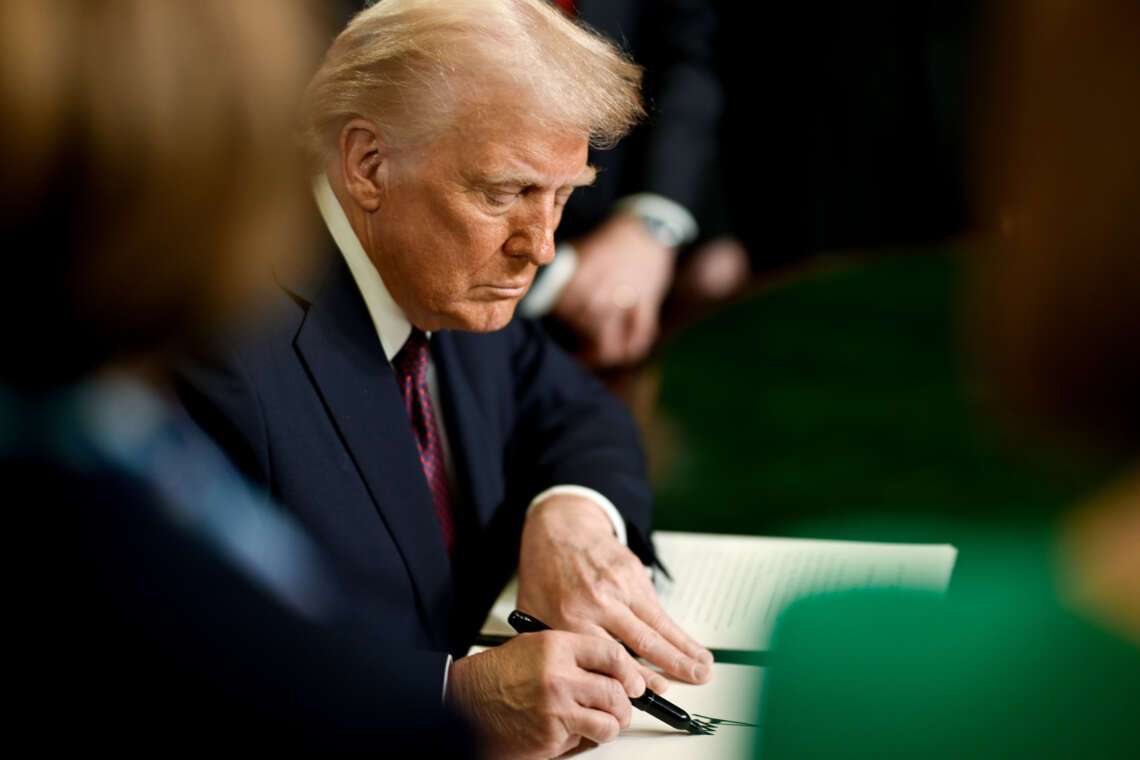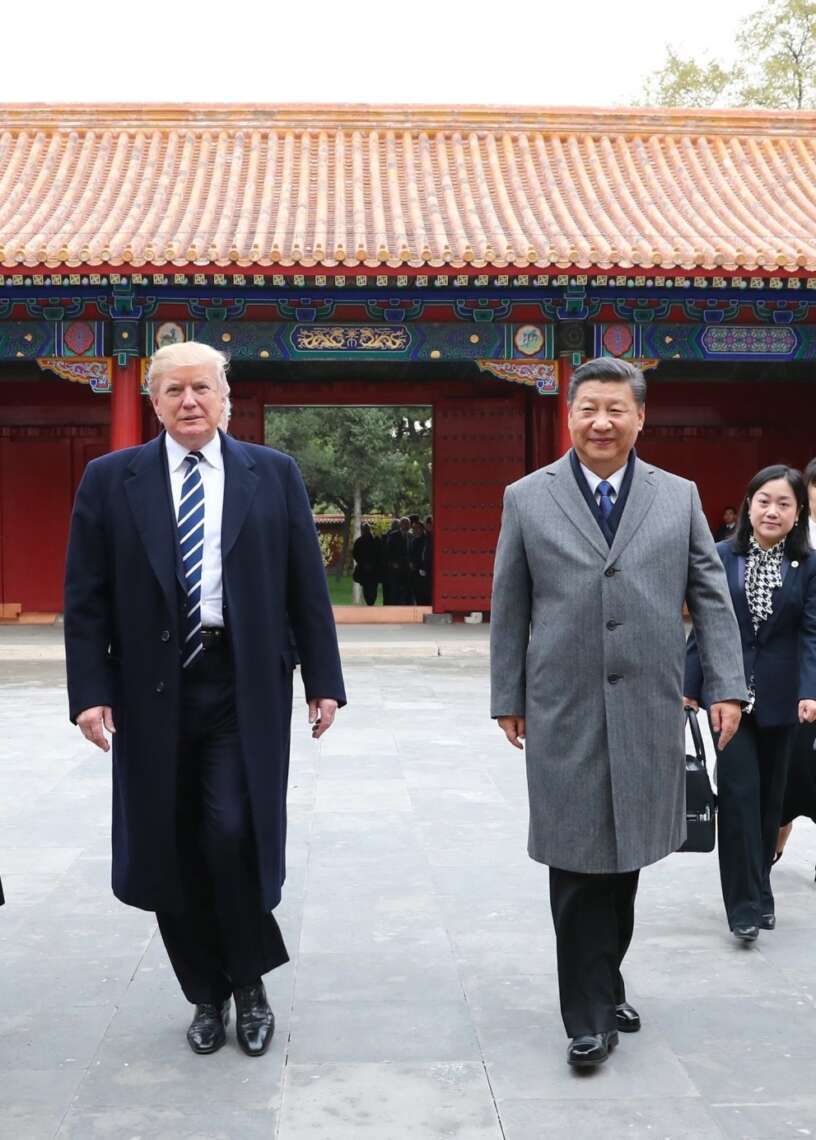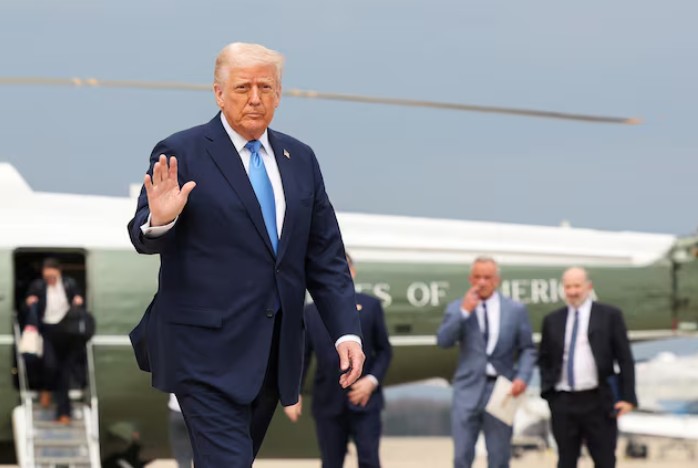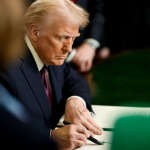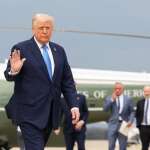A U.S. appeals court strikes down Trump’s reciprocal tariffs, ruling he exceeded his powers, but the President vows to fight on at the Supreme Court.
A U.S. federal appeals court has struck down most of President Donald Trump’s global “reciprocal tariffs,” ruling that the White House lacked legal authority to impose them. The decision, delivered on Friday, said Trump had overstepped his powers under the 1977 International Emergency Economic Powers Act (IEEPA), which he used to justify the levies.
“The statute neither mentions tariffs (or any of its synonyms) nor has procedural safeguards that contain clear limits on the President’s power to impose tariffs,” the court wrote. It added that while the Act gave the President broad powers in a national emergency, taxation or tariffs were not among them.
The ruling delayed enforcement until 14 October, giving the Trump administration a window to seek relief from the Supreme Court. However, tariffs on steel and aluminium, imposed through a different legal framework, remain unaffected.
Within hours, Trump vowed to take the case higher. On Truth Social, he wrote in all caps: “ALL TARIFFS ARE STILL IN EFFECT!” and warned that striking them down would “literally destroy the United States of America.” He further signalled, “Now, with the help of the United States Supreme Court, we will use them to the benefit of our Nation.”
The setback marks the second major legal blow to Trump’s trade strategy this year. In May, the U.S. Court of International Trade in New York ruled that he had exceeded his authority on tariffs, a judgment he continues to contest.
Since returning to power in January, Trump has leaned heavily on tariffs as both a bargaining chip in negotiations and a weapon against countries resisting American demands. Friday’s ruling, however, underscores judicial resistance to his expansive interpretation of presidential economic powers.



